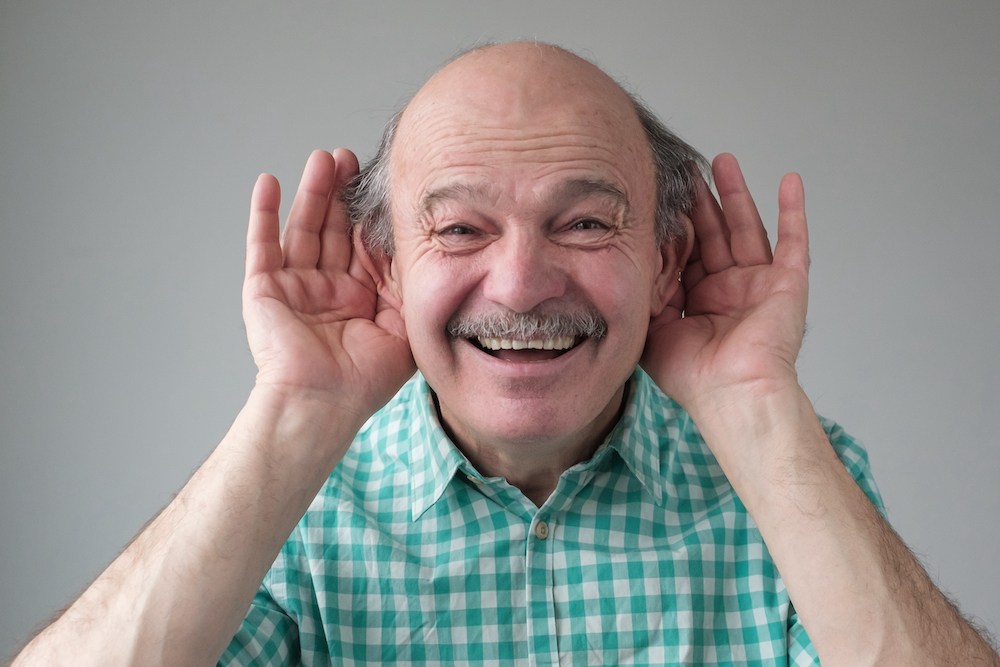Understanding Cookie Bite Hearing Loss
Cookie bite hearing loss is a unique type of hearing loss that affects the


Cookie bite hearing loss is a unique type of hearing loss that affects the

Early hearing changes often appear in small ways, which makes them easy to

If you’ve had a hearing evaluation with an audiologist, you may have